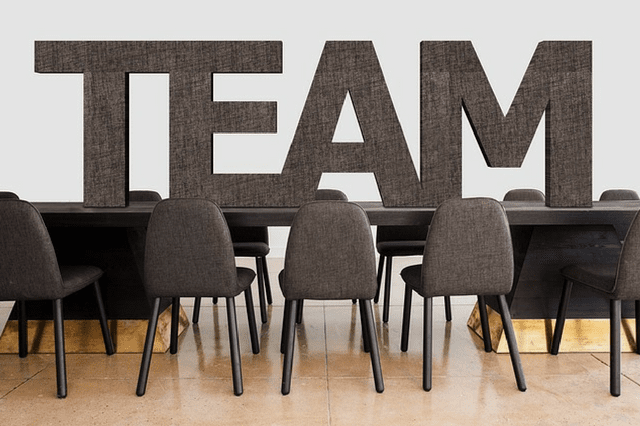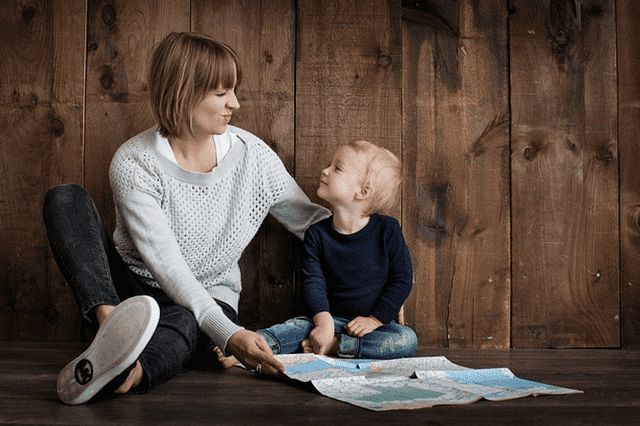Teamwork and collaboration are two hot topics in the field of education and the workforce.
The two concepts are slightly different: teamwork is people working together for a common goal, and collaboration is people with slightly different goals working together for a win-win. People are beginning to see how an employee with teamwork and collaboration skills will enhance the work environment and inspire increased productivity. Schools are expecting students to work more collaboratively as well, and place value on a joint effort approach to work.
To build good collaboration skills for working on a team, there are three areas to consider.
First, a person should know their role and do their part to fulfill it, with the group in mind. Secondly, a person should have an attitude of supportiveness. Thirdly, a person should have good communication skills. Below we expand on these three categories.
Know Your Role
To have good teamwork, each member should understand their role, know the expectations and requirements of the role, and fulfill their responsibilities with dedication and commitment. People on a team should be fully aware of what each person’s role is and the expectations which go along with it, so that no one repeats something another one is doing, or expects more or less of another team member. The communication and support which happens within the framework of clearly defined roles and expectations can make the structure of the team project run smoothly and be enjoyable for all.
Be Supportive
A team member should demonstrate an attitude of support, and this means being there for others. Acknowledging others’ achievements and personhood, and sharing credit for successes enhances a spirit of collaboration, and is essential for creating an attitude of teamwork. Going out of the way to help others expresses a willingness to share and support, yet understanding which roles each person has is important to identify, so that sharing work is egalitarian and specialized. Identifying shared goals and then working together to meet them, means keeping accountable and supporting the overall group process. Respecting differences is an important part of teamwork as well, as the diversity often strengthens the skills and insights of the group.
Use Good Communication Skills
A team member should have good communication skills, and there are some techniques which can be practiced to enhance those skills for yourself. First, it’s important to consistently maintain open lines of communication among group members, which means using communication processes which allow each person to share their opinion, ideas or questions in ways that are clearly understood.
Clear communication is harder to achieve in moments of conflict. Please continue to read out February Blog Post to learn more about communication techniques during times of conflict, disagreement, and difference.



 Fostering EQ in Young Learners
Fostering EQ in Young Learners